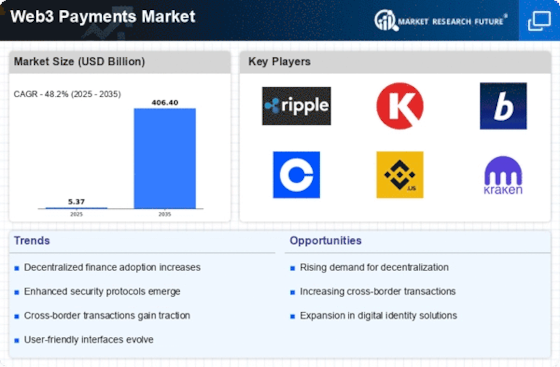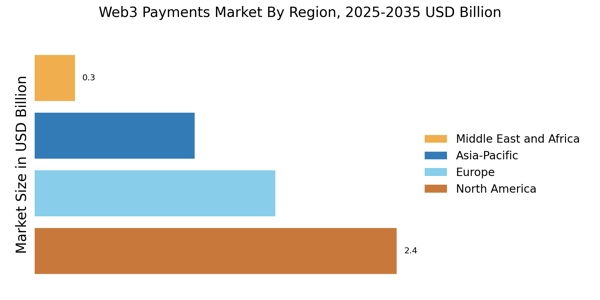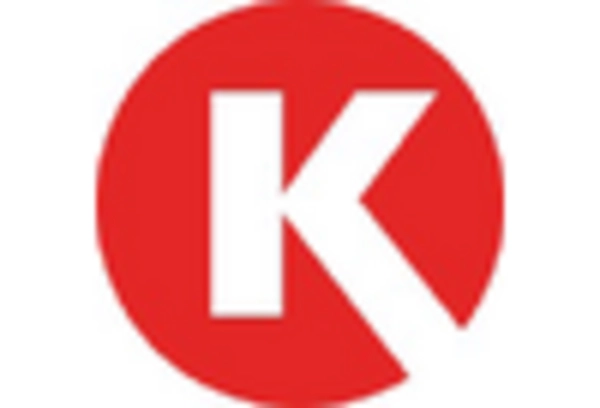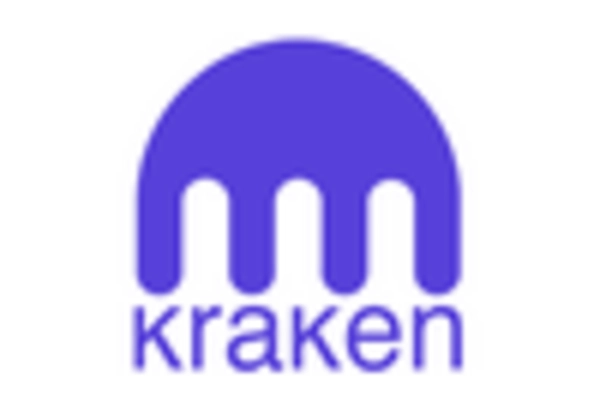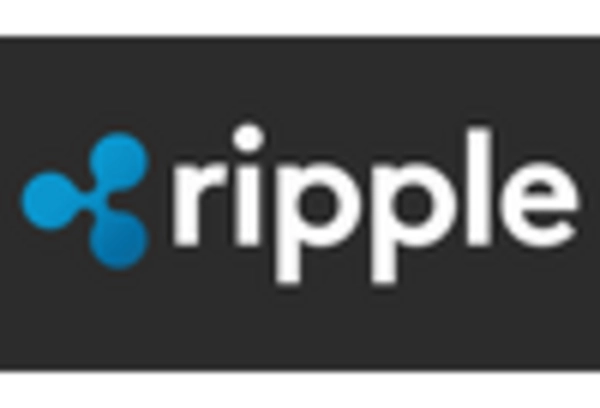Leading market players are investing heavily in research and development in order to expand their product lines, which will help the Web3 Payments Market, grow even more. Market participants are also undertaking a variety of strategic activities to expand their global footprint, with important market developments including new product launches, contractual agreements, mergers and acquisitions, higher investments, and collaboration with other organizations. To expand and survive in a more competitive and rising market climate, Web3 Payments industry must offer cost-effective items.Manufacturing locally to minimize operational costs is one of the key business tactics used by manufacturers in the global Web3 Payments industry to benefit clients and increase the market sector. In recent years, the Web3 Payments industry has offered some of the most significant advantages to medicine. Major players in the Web3 Payments Market, including Filecoin, Web3 Foundation, Zel Technologies Limited, Livepeer Inc, Brunswick Corporation, Helium Systems Inc, Kusama, Polygon Technology, Kadena LLC, Ocean Protocol Foundation Ltd, others, are attempting to increase market demand by investing in research and development operations.The Web3 Foundation places a central emphasis on the Polkadot network, which stands as a multi-chain blockchain platform facilitating interoperability among diverse blockchains, enabling seamless communication and data sharing. Substantial backing from the Web3 Foundation is dedicated to advancing the development and expansion of the Polkadot ecosystem. Specifically, the Web3 Foundation extends grants and financial assistance to individuals, teams, and projects engaged in the construction of solutions utilizing Polkadot and Web3 technologies. These grants serve as incentives to foster innovation and bolster growth within this ecosystem.Additionally, the Web3 Foundation plays an active role in research and development endeavors concerning blockchain technology, consensus mechanisms, and decentralized systems. Their contributions significantly propel the progress of Web3 technologies as a whole.A decentralized storage network called Filecoin offers dependable and secure data storage. It is based on the IPFS system, which use content addressing to store data decentralized from any one server or central authority. In exchange for supplying the network with storage space, Filecoin miners receive Filecoin (FIL) tokens. Comparing Filecoin to conventional centralized storage solutions reveals a number of benefits. Data is not kept on a single server that could be compromised or taken offline, making it safer in the first place. Data is replicated over numerous network nodes, making it more dependable.Thirdly, because users only pay for the storage they really use, it is more cost-effective.


